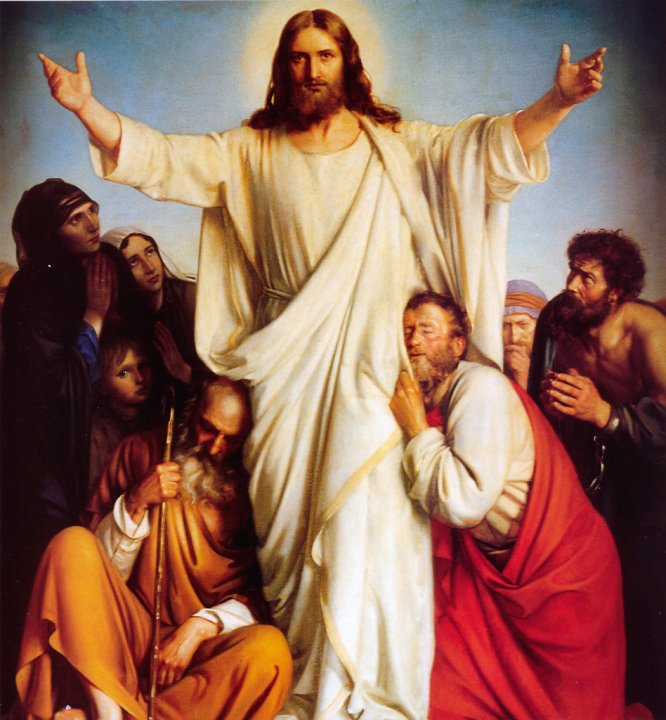6th SUNDAY OF EASTER-C
I Reading: Acts
15:1-2.22-29: It has been decided by the Holy Spirit and by ourselves not to
saddle you with any burden beyond these essentials.
II Reading:
Apocalypse 21:10-14.22-23: He showed me the holy city coming down out of
heaven.
Gospel: John
14:23-29: The Holy Spirit will remind you of all I have said to you.
The Holy Spirit:
Who He is, 14:15-26
There are three great
Scriptures that deal with the doctrine of the Holy Spirit at length.
1. The Identity of the Holy
Spirit or who He is (Jn 14:15-26)
2. The work of the Holy
Spirit (Jn 16:7-15)
3. The Power of the Holy
Spirit (Rom 8:1-17)
The greatest help the
believers are to receive is the very presence of God Himself in the person of
the Holy Spirit. It is this that Jesus now reveals. He reveals the Holy Spirit,
His identity, who He is (Jn 16:7-15 where Jesus reveals the work of the Holy
Spirit and the power of the Holy Spirit in Rom 8:1-17).
1. Fact: If a person loves
Jesus, he will keep His commandments (v.15)
2. He is the Counselor, the
Comforter, the other Helper (v.16)
3. He is the Spirit of truth
(v.17)
a. The world cannot accept
Him
b. The believer does receive
Him and know Him
4. He is the personal
presence of Christ (v.18-20)
a. A spiritual presence, not a
physical one
b. A living and eternal
presence
c. A living union between
God, Christ and the believer
5. He is the very special
manifestation of Christ within the believer (v.21-22)
a. The special presence is
conditional: Must obey and love Christ
b. The special presence is
questioned
6. He is the abiding presence
of the Trinity (v.23-24)
a. Is conditional: Must love
and obey Jesus
b. Is the love and presence
of God and Christ
c. Is not given to those who
do not love and obey Christ
d. Is assured by God Himself
7. He is the Holy Spirit, the
Teacher (v.25-26)
a. The facts
1) He is promised
2) He is given by the Father in the name of Jesus
b. His purpose
1) To teach the believer all things: both the words and life of
Christ, both the truth and the life, both the Word and how to live the Word,
both the theory and practice, both the principles and conduct, both the
morality and behavior.
2) To help the believer to remember all that has been taught in the
Word of God, to help especially in the moments of trial when the truth is
needed (1Cor 10:13, 2:13; Lk 12:12; Jn 14:26, 16:13; 1Jn 2:27).
